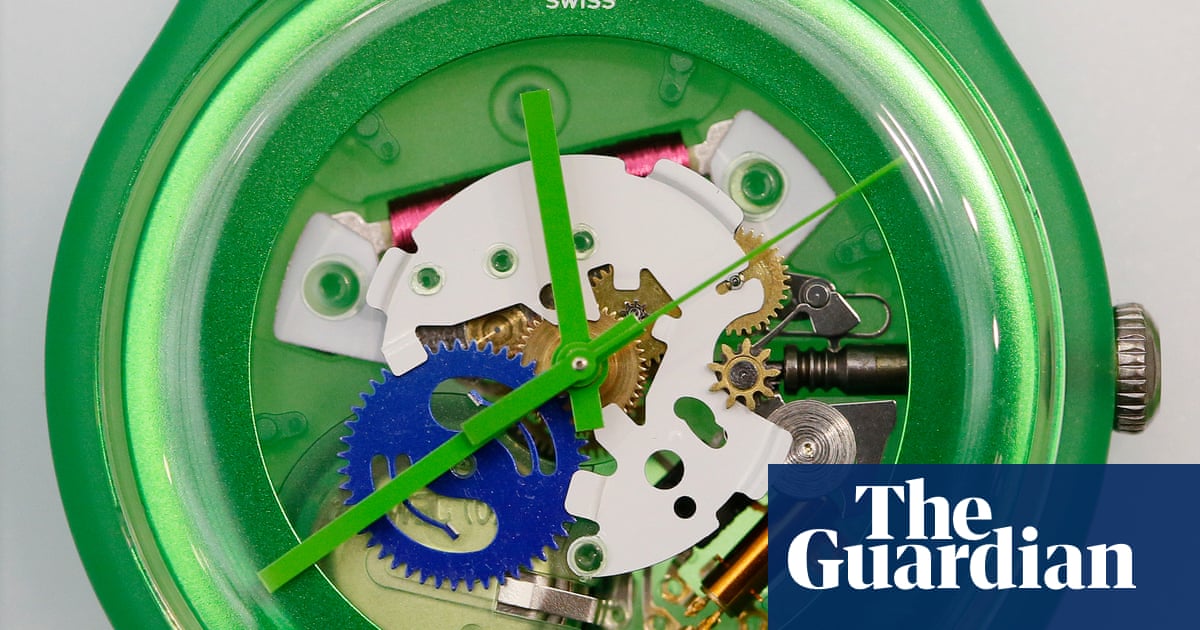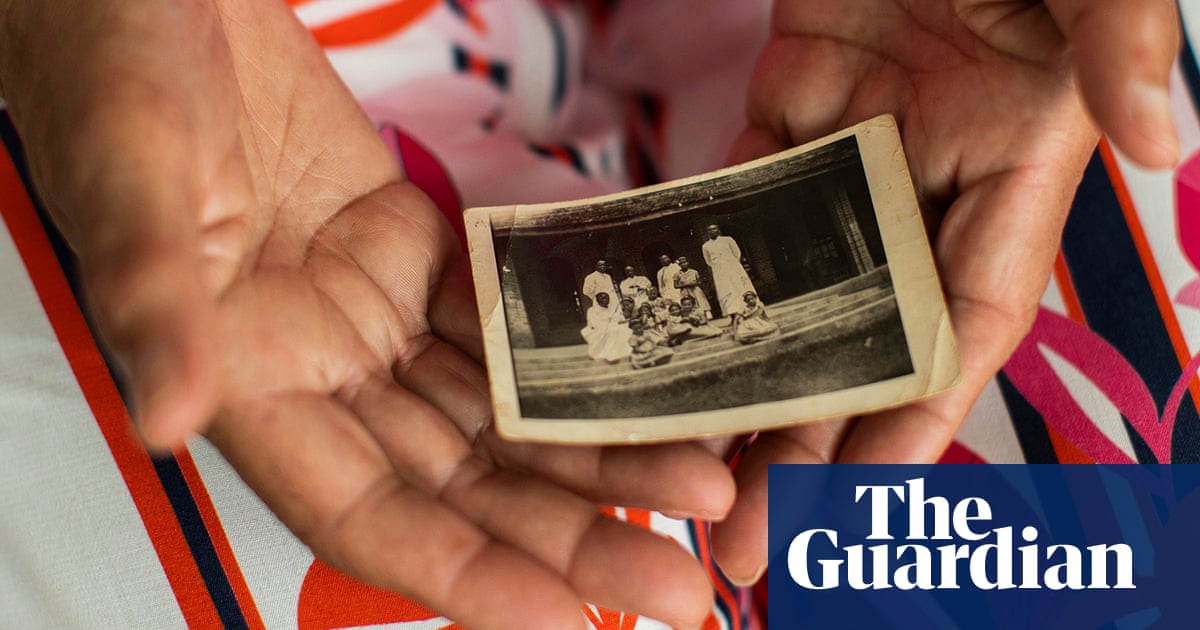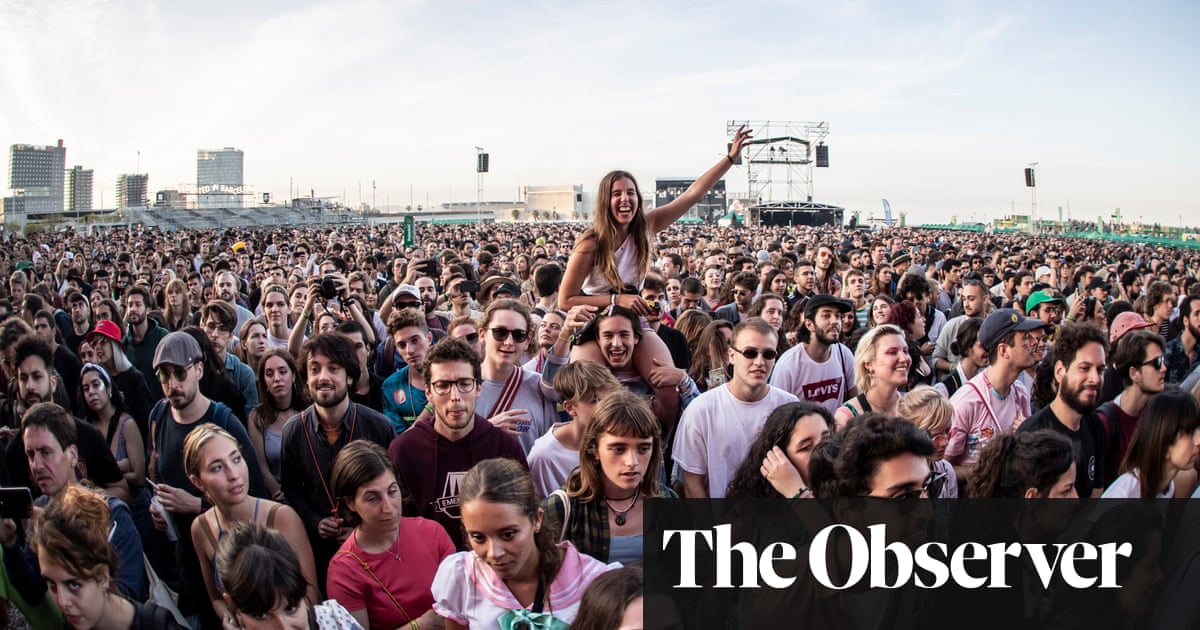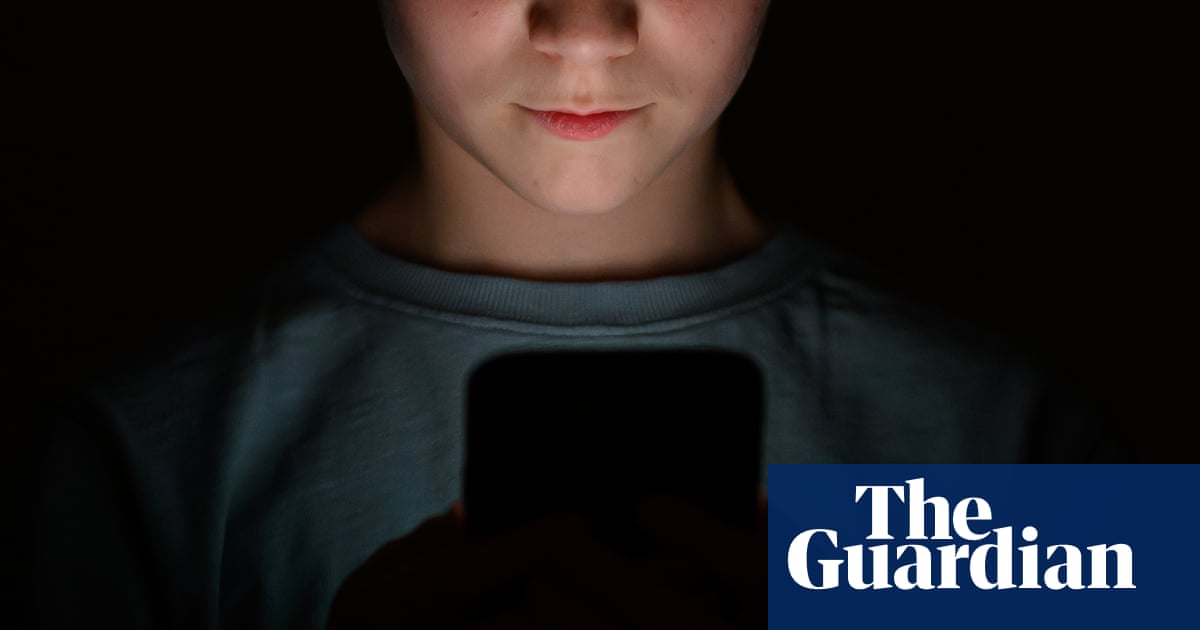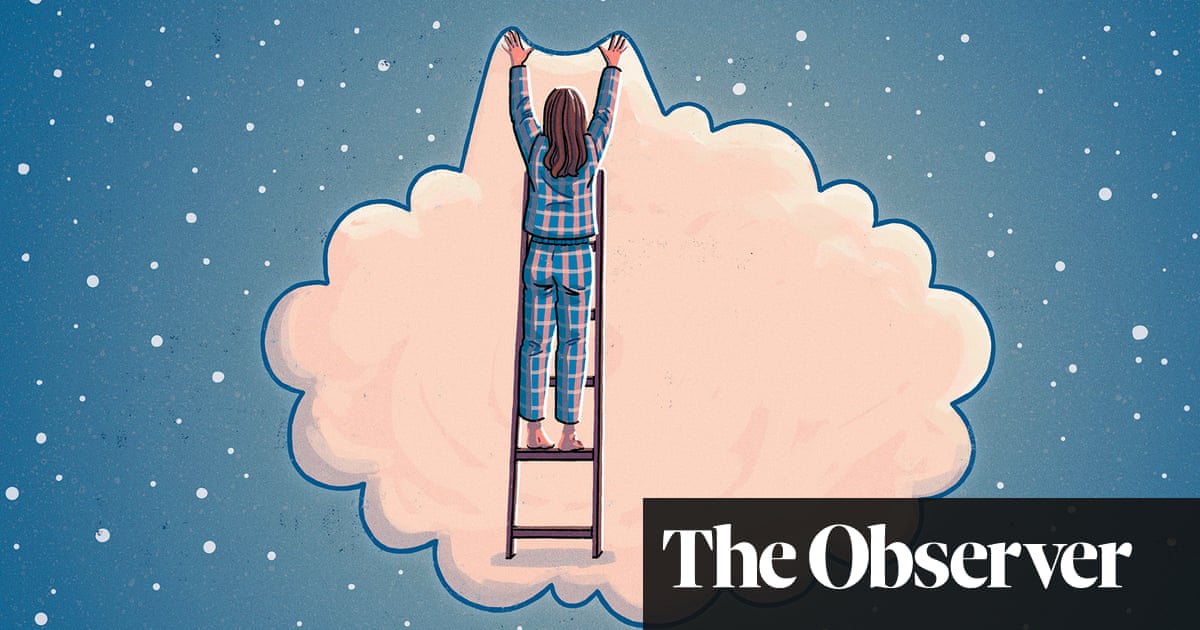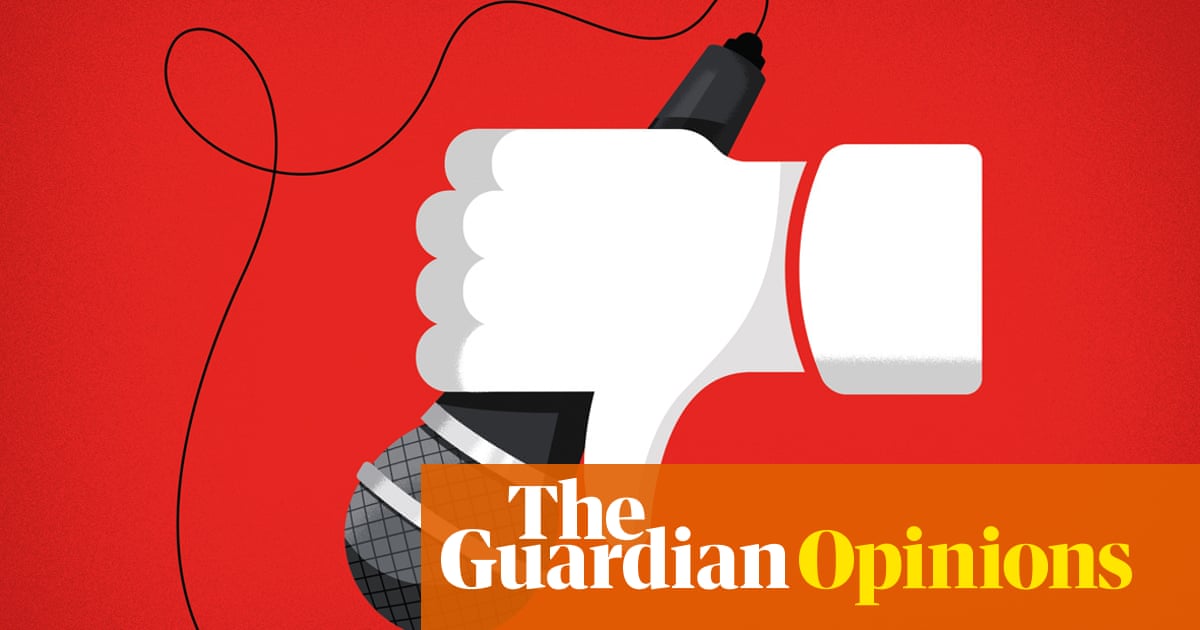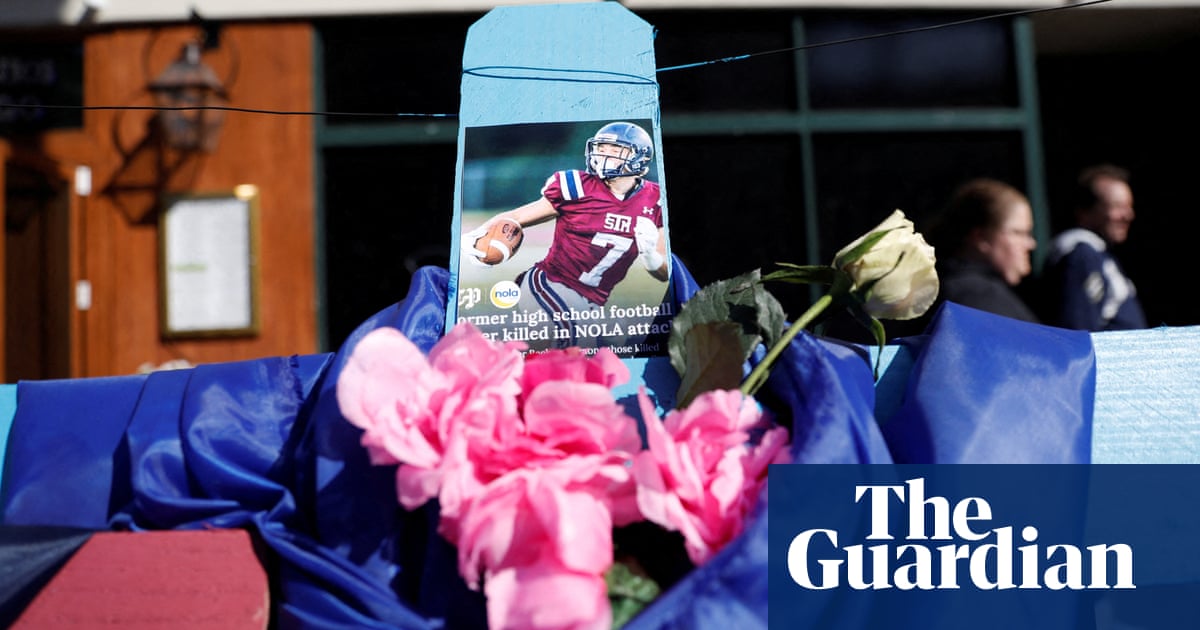Whatever happened to wasted youth? By which I mean, totally wasted, and really wasting it. Scottish novelist and screenwriter Irvine Welsh is to publish a new sequel to his seminal 1993 novel, Trainspotting, about heroin-addicted youths in Edinburgh. Ah, you might think, just what the world needs now, midlife-Trainspotting: men trudging around in tracksuits looking mildly disappointed at how their lives panned out (“Choose bitcoin!”; “Choose B12 supplements!”; “Choose a lunchtime nap!”).
As some might know, Welsh has already produced quasi-sequels for Trainspotting, with sundry literary outings for his characters. There’s also Danny Boyle’s 2017 film, T2: Trainspotting, featuring the original cast, including Ewan McGregor and Robert Carlyle, set two decades after the first cinematic outing. The new book, Men In Love, will pick up the story just after the first novel ends, with feral Rent Boy, slippery Sick Boy, violent headcase Begbie, and loser Spud heading into their mid-20s, looking for love.
Is Welsh pivoting into David Nicholls’ One Day territory? (Hollywood pitch: “I see Begbie as an unconventional romantic lead”). Certainly, this detour into hearts and flowers could prove to be a stretch for Trainspotting aficionados more used to characters diving into grimy toilets, and dead babies crawling across ceilings. Though maybe it’s the original wild, freewheeling Trainspotting ethos that would seem the most fantastical notion to generation Z now.
What would a gen Z remake of Trainspotting look like today? If the constant churn of apocalyptic news reports is to believed, it would be more akin to Terry and June with added kombucha, herbal vapes and mountainous student debt. Gen Z takes on Rent Boy et al would be early to bed in their Oodies to watch streamers, hugging mugs of chai tea. They wouldn’t really have sex (gen Z is widely reported to have an aversion to it), bar some desultory swiping on apps.
There would be little booze and even fewer drugs (the cohort has been dubbed “Generation Clean”). Regarding money, or the lack of it, gen Z trainspotters would face aggressive attempts to get them off benefits, unaffordable rent, no council flats, no squatting culture of the type that kept the creative scene alive in the 1980s and 90s. The gen Z trainspotters would probably be resigned to living at home with their parents. For ever.
Back in the real world, there are exceptions to this increasingly entrenched dour portrayal of generation Z: it has just been reported that some young people have taken so strongly to drinking Guinness, it has to be rationed; every so often a news item appears saying this or that legal or illegal intoxicant is proving popular among youth.
Still, compared to 1990s Trainspotting, there’s no denying a gen Z remake would look relatively slow, lifeless, stunted, burdened and, most strikingly of all, old before its time. If one of the narrative threads of Trainspotting was the follies of youth taken to the outer stratosphere of extremes, in some ways, gen Z barely seem to be young at all. But before we all roll our eyes and drone yet again about youth being wasted on the young (there is nothing older people enjoy more than moaning about young people being boring), maybe it’s time to accept that they may not have had our advantages. Gen Z may be living a new reality where, for the first time, being young and free is not enough.
Has the concept of youthful freedoms – however they may be spent or squandered – changed for ever? Part of the cultural crackle of Welsh’s original novel was that it captured that moment of brazen mainstream hedonism-cum-nihilism now so hardwired into memories of the 1990s. This was the generation that drank too much, took too many drugs, partied too exuberantly, quite possibly had a lot of sex, messed up, crashed hard, went to rehab, and regretted pretty much everything. Yet still, bar the very worst affected, they probably wouldn’t have missed a raw, terrible and essential moment of it.
With rosy-coloured spectacles rammed firmly on (Smiley T-shirt optional), even the very worst times can be rebranded as brilliant, funny, at least instructive and (the great consolation prize of life) “character building”. Though, if it’s youthful excess and freedom we’re talking about, the mid to late 1980s don’t look entirely dissimilar (drink and drugs readily available; acid house starting up). The 1970s had punk. The 1960s pretty much set the template for what youth should look like. Bringing things more up to date, even the Noughties and the 2010s had their wilder moments. So what gives with generation Z – why aren’t they getting messy?
after newsletter promotion
It could be that, far from being the wilting snowflakes of myth and legend, life truly is harder, more grinding, boring, draining, expensive and dispiriting for the majority of young people than previous youthful cohorts could have imagined in their drabbest nightmares. Student debt running into tens of thousands, perma-suspended above their heads like an anvil in an old-style Tom and Jerry cartoon. Not an iota of hope for home ownership, not even in the far-off future. Rents in vibrant “youthful” areas pitched far beyond the actual youthful budget. Childhoods spent fielding hardcore porn on phones, resulting in warped or flattened libidos. Trump and Putin omnipresent. Climate anxiety permanently throbbing…
Who among us would choose to be young now. Who could hack it? All things considered, perhaps the popular notion of gen Z being spoiled killjoys doesn’t quite add up. It seems the case that, the odd splash of colour from the likes of “Brat Summer” aside, they are living through times where it’s difficult to muster the energy to ruin lives that are already difficult enough. Unlike cohorts of the past, including the Trainspotter 1990s, there seems too little psychic space for even druggy rebellion. That, for them, the concept of wasted youth is less a phase they’re as entitled to as any other generation, than it is an unimaginable luxury.

.png) 1 month ago
8
1 month ago
8



